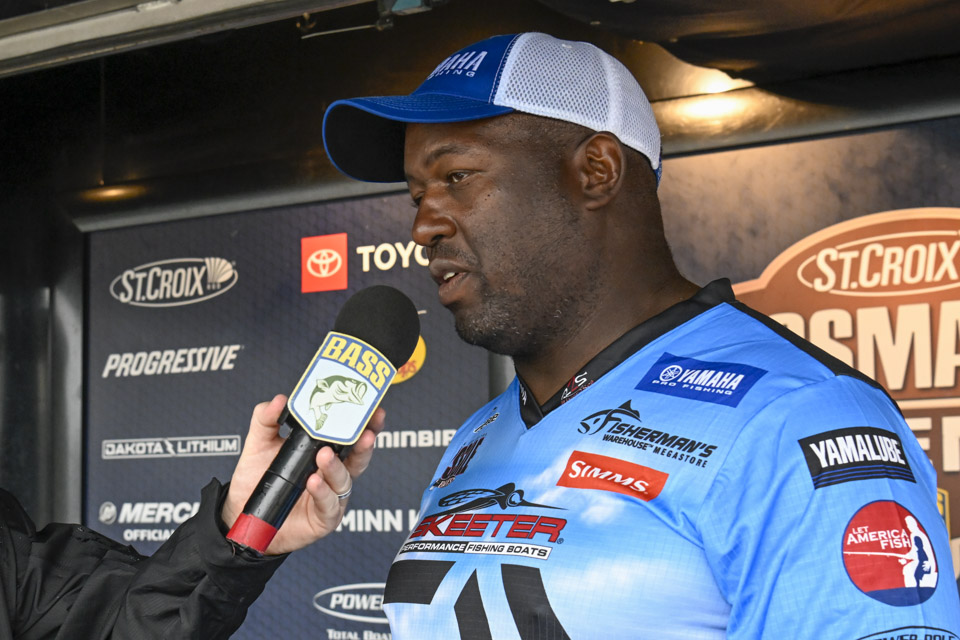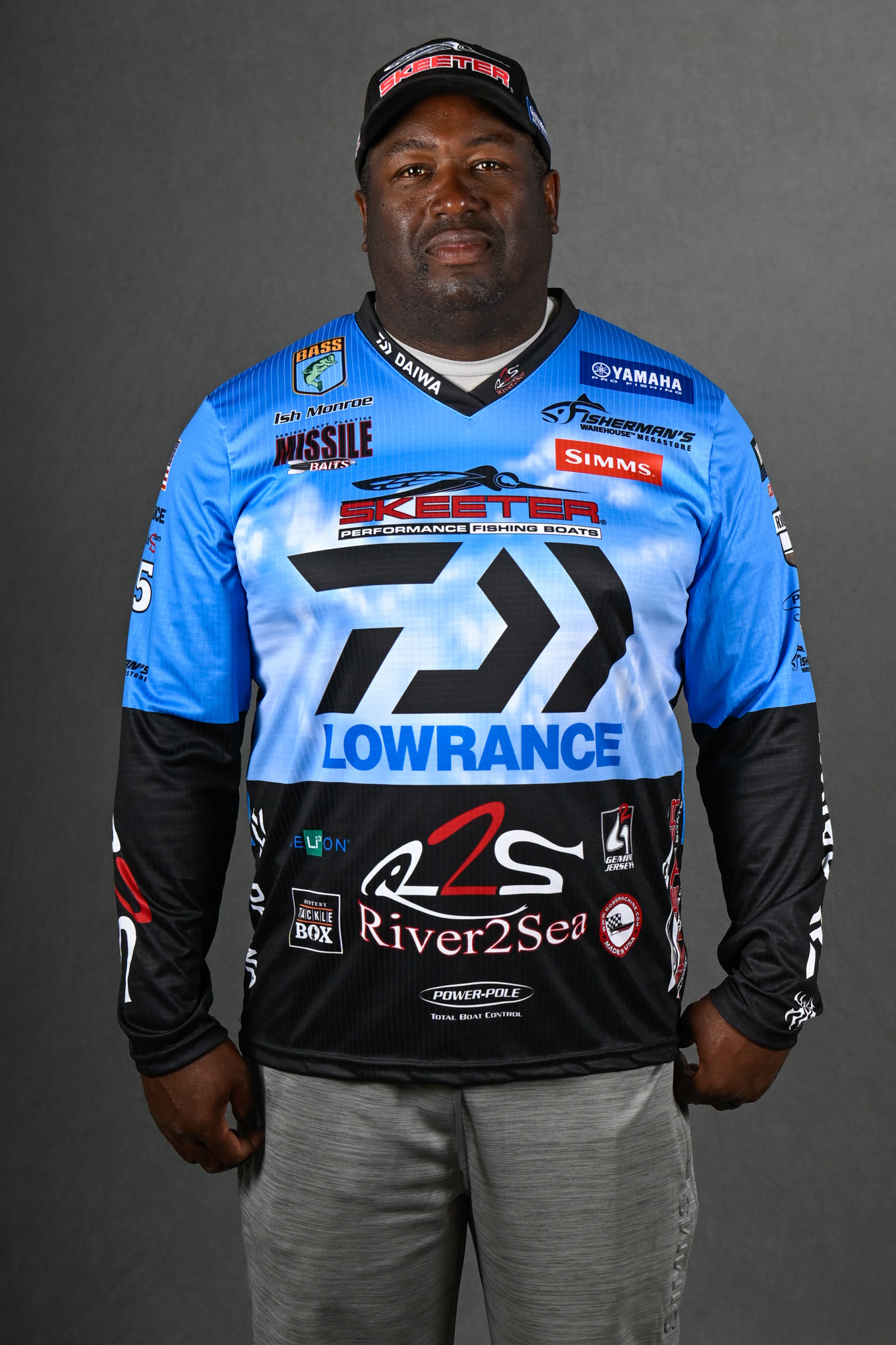
I wanted to do a follow up to a column I wrote in December that I titled “The Industry Owes Us Nothing.” That article was prompted by some of the videos going around with “pro” anglers discussing their thoughts on the Bassmaster Elite Series partnerships and their feelings about them.
I was absolutely humbled by the response I received from that article. I wasn’t surprised to hear from industry people about the piece, but the volume of feedback and the varied sources of comments truly amazed me.
My sponsors expressed their gratitude. I also received acknowledgments from high-level industry executives not among my sponsors, as well as from media professionals who thanked me for being willing to say what they felt needed to be said.
The reason I wrote the piece is because I really came to the understanding early on in my career that no matter how well I fished, or how many checks I cashed, I wasn’t going to be able to make a real living just fishing. In my mind, there are only a handful of anglers that could have made a living with only their fishing rods in their hands. Guys like Rick Clunn, Roland Martin, Larry Nixon, Denny Brauer, Kevin VanDam, Skeet Reese, Greg Hackney, David Dudley, Aaron Martens and John Murray in the old days were the types. The rest of us would have to rely on partnerships to make a real living.
I will also admit that seeing the videos and the posts that were made — I got a little protective about our industry and wanted to come to the defense of it. That’s why I titled the column what I did. The truth is, they (industry companies) owe us nothing and we have to earn everything — it is us, speaking as professional anglers, who owe them everything — as well as the fans who consume our content and spend their hard-earned dollars with our sponsor companies.
With all of that in mind, here are some things to consider when doing our jobs.
We have responsibilities and accountability to our sponsors. We need to look at our agreements and realize what duties we need to fulfill in our contracts and meet those at a minimum. For instance, whether it requires spending several days in the booth or making numerous posts on social media, we must fulfill these obligations. If we have to give them reports of those activities, then so be it, but those are the bare minimums.
If we want to maintain or grow with a company, then we have to exceed the expectations of our minimum deliverables in the contract. Our agreements compensate us for that year based on what those items are required in that contract. If we barely meet those or have excuses as to why we didn’t meet them, then we can’t expect to grow. We should feel lucky to maintain our level. If we perform and increase visibility and sales for a brand, then we have possibilities of growing with a brand.
What areas do we, as anglers, need to improve? Here are a few thoughts:
First, social media is an important tool in our occupation, but it is not the only thing. Our sport is one that still has very strong print publications, websites and of course television broadcasts. There are not too many social media posts out there that will reach the amount of people that an article in Bassmaster Magazine, B.A.S.S. Times, Bassmaster.com or any other number of media websites out there.
For the record, we all hear that television is going to go away, but the truth is that the current airings of the Bassmaster television shows on FOX Sports 1 have more viewership now than we ever got on ESPN years ago. So, understanding that our sport is still consumed across many platforms will help us understand how to proceed.
Our social platforms are vital to our growing brands, but if we focus all our work on our own platforms, we miss the ability to expand our reach and build relationships along the way.
The first thing is to realize that the media are people to expand our platforms, and we need to respect their ability to help us as professionals but also that they have deadlines that they need to meet. A guy producing content for a website has multiple pieces he has to get done each week, and a writer doing something for a print publication has to meet deadlines as well.
So you understand, a print magazine works off an editorial calendar, and the editorial deadline — the day that the articles and photos are due — may be two or three months ahead of the day the publication goes to print. Missing that deadline means that the space that writer had may be given to someone else, and then it would be harder to get space in future issues.
Here’s my point — call them back! I can’t tell you how many times I’ve received calls from a writer who needs a last-minute article because the anglers they were trying to reach didn’t respond. Years ago, I got a call from a writer who was trying to do something for a website. It was in the fall, and he had called 14 “pro anglers” in one day and had received only one text response saying that the angler was “in a deer stand and would call back,” he never did.
We have to do a better job as professionals than that. Our sponsors need it, the industry needs it, and we will all be better off as a sport if we develop the work ethic to take care of the whole picture. I realized a long time ago that in order to make the kind of living and have the kind of partners and sponsor relationships I wanted to have, I was going to have to be a worker. For those of you who want the same, I really just wanted to help. If all of us put the same types of effort into our careers, then the whole industry benefits — that was my motivation.





